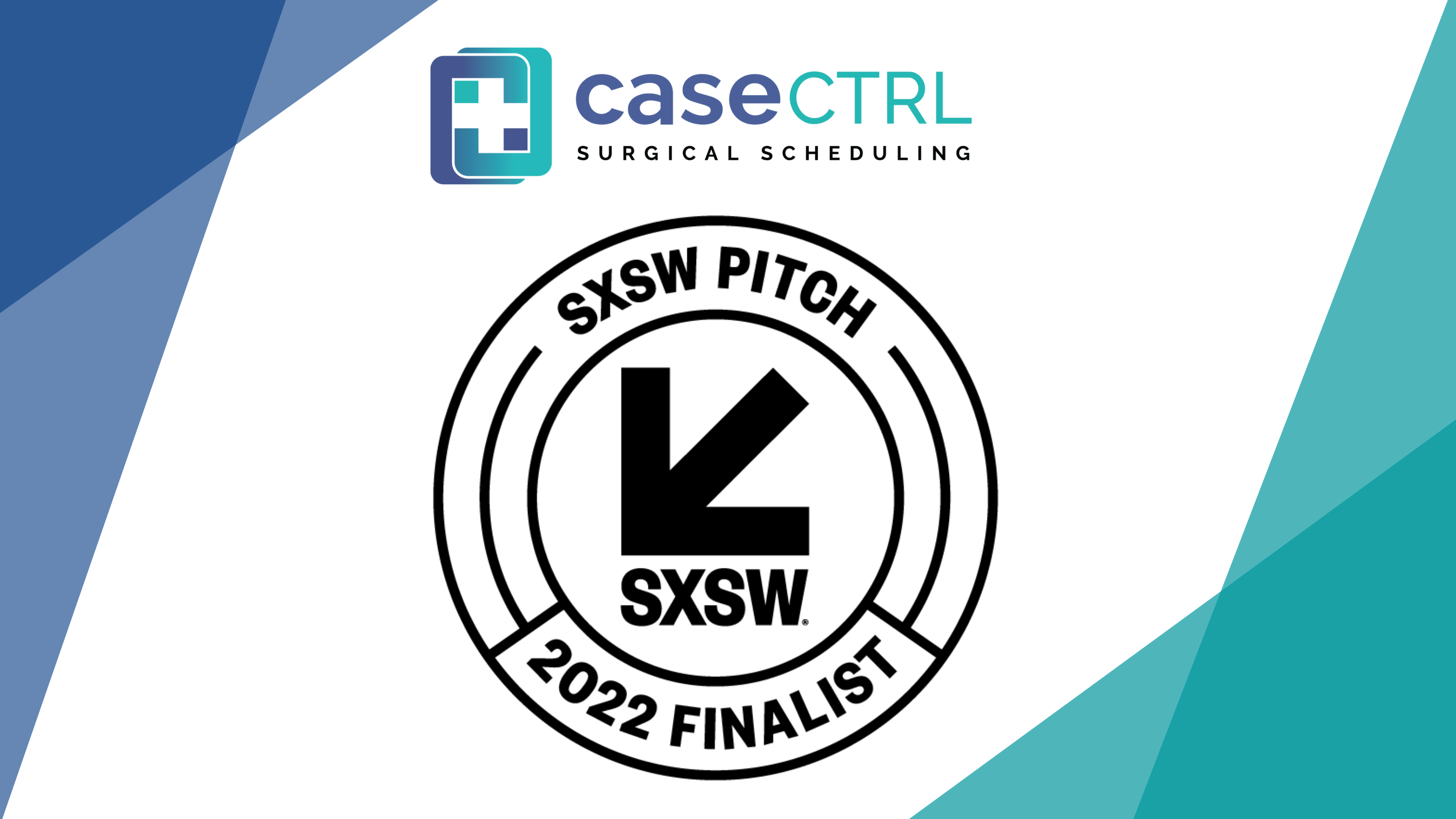For hospitals and ASCs, operating rooms are an important source of revenue. But if your OR is not operating at peak efficiency, that vital profitability can leak away. This is why block scheduling is widely used in hospitals and ASCs to maximize the efficiency of surgery agendas. For more insights on the ideal time to use surgical scheduling software, and tips to ensure the best ROI, check out this guide.
Yet, even with block scheduling, chances are that you’re still seeing avoidable revenue loss. The main drawback of blocked time stems from poor block time management. It’s not enough to use block scheduling – it must be used well.
Here, we’ll examine:
- How block scheduling improves OR efficiency
- Common challenges and stubborn inefficiencies that can cause revenue loss
- Ways automating your block scheduling system can facilitate OR preparedness, optimize resource use and deliver greater efficiency and cost-effectiveness over the long-term
How Does Block Scheduling Improve Efficiency and Cost-Effectiveness?
Block scheduling assigns operating rooms and resources to specific surgeons or surgical teams for predetermined blocks of time in the surgery day. This approach helps to maximize OR efficiency and cost-effectiveness, both by filling up the schedule as much as possible, and by reducing equipment and positioning changes between cases. More efficient use of OR time means better operational and financial performance, as well as a smoother experience for both staff and patients.
It’s crucial, though, to manage blocked time efficiently yet flexibly. Indeed, since surgery time costs around $1,000 an hour in staff and equipment costs, administration and overheads (not to mention the revenue that another surgeon could have generated during that time), your bottom line depends on managing your block time effectively.
How Efficient Is Your Use of Block Surgery Scheduling?
In diagnosing possible revenue leaks in your block scheduling, it’s key to identify when and why the OR may be underused. Here are some key questions to help assess your block time efficiency:
1. Is all the necessary documentation complete and available?
Ensuring you have all the right documentation correctly completed and available when needed is the starting point for operational cost-efficiency. Signed consent forms, preauthorizations and surgical assessment forms are required from the patient’s side, while up-to-date Doctor Preference Cards (DPCs) are essential for surgeons to ensure their ORs are properly equipped for each procedure.
If any of these forms are missing, incomplete or even illegible, it may mean delays to your surgeries, with all the revenue loss that an idle OR entails. What’s more, as many surgeries still rely on paper-based administration, errors and omissions are always a risk, while time-consuming manual data entry creates even more of a drag on the efficiency of workflows.
By replacing such systems with intelligent surgical scheduling software, surgery schedulers can ensure that all the necessary forms and documents are readily available and accessible as soon as they are needed. What’s more, by standardizing data management with digital forms, admin time is minimized, increasing operational efficiency.
2. Are there any changes to the OR timetable?
While block time scheduling brings much-needed structure to surgery management, there are always times when scheduled blocks need to change—such as when a surgeon is on vacation. To avoid vacant OR time, it’s important that schedulers and staff are kept up to speed with changes to surgery timelines. Many surgeries rely on whiteboards or paper schedules for this, which invariably lead to errors and communication failures.
Using a surgical calendar, on the other hand, helps teams maximize the efficiency of block time. CaseCTRL facilitates OR block scheduling and pooling, assigning color-coded indicators of risk and availability and ensuring that surgeons and their teams are up to speed. The system displays scheduling amendments in real time, reducing confusion while saving time. A smart calendar also makes it easier for surgeons to release blocked time in advance, so that schedulers or other surgeons are able to adapt and reassign blocks to other surgeons in need of additional OR time.
3. Is the case timing and sequencing optimal?
Surgeons’ estimation of the time needed for surgical procedures is just that: an estimation. Over- or underestimating surgery durations or neglecting to factor time for associated process, such as patient induction or OR turnover time, can mean delayed start times for surgical procedures or that the OR may be reserved for use but sitting idle. When scheduling cases for surgical blocks, surgeons need to consider the total case duration, including set-up, preparation and clean-up.
Choosing what to schedule when is also important for block time efficiency. For example, it could be wise to schedule more complicated surgeries at the end of the block, as they may have a higher level of unpredictability or likelihood of overrunning. Moreover, with an intelligent surgical scheduling tool that allows easy access to DPCs for procedure preferences, surgeries can be sequenced so that minimal changes are needed between cases.
4. Has open time been factored in effectively?
Flexibility is also key. If blocked time is too rigid, then unexpected changes can’t be accommodated for, resulting in wasted OR time and ultimately, revenue loss. According to Michelle Jackson, surgical scheduling supervisor of St. Luke’s Health System, a ratio of approximately 80% blocked time to 20% open time is optimal.
Monitoring the use of block time and adjusting it to best fit the needs of surgeons and patients will keep things on track and allow schedulers to make the best use of open time. CaseCTRL’s intelligent surgery scheduling software not only helps you manage and maximize your block time, but it also helps you analyze it, to identify utilization trends and the causes of scheduling gaps.
5. Are patients fully informed and prepared?
There are also patient-side factors that can cost your OR or ASC both time and money. Patients may arrive with incomplete documentation or have doubts or questions about the procedure, which can cause delays. Or patients may not even show up. While it’s inevitable that late arrivals, cancellations and no-shows will happen, there are ways to reduce them.
A study by Risk Management and Healthcare Policy found that conflicting commitments, miscommunication and simply forgetting about the appointment are the most common causes of patient no-show. What this suggests is that prior, personalized communication with patients to provide notifications and information can help to reduce late arrivals or no-shows, saving your practice lost time and revenue.
CaseCTRL’s surgery scheduling software incorporates automated reminders and alerts. The platform also includes AI-enabled Virtual Patient Guides, so that patients can find answers to key questions without adding to the administrative burden of your surgery scheduling team. Staff can even track which communications and education the patient has accessed, so that they can reach out to proactively address any confirmations needed or information gaps. What’s more, when postponements of cancellations do occur, working from an electronic system makes it easier to substitute other cases at short notice, helping to plug those costly gaps in the schedule.
Manage your block time with AI-powered scheduling
Preparation, flexibility, real-time information and scheduling knowledge are essential for making your block scheduling as efficient and cost-effective as possible. An intelligent surgery scheduling platform enables your hospital or ASC to make your surgery block time run smoothly and affords the flexibility to minimize lost time and revenue when the unexpected happens.
To view CaseCTRL’s block scheduling capabilities and insights, schedule a demo today.







































